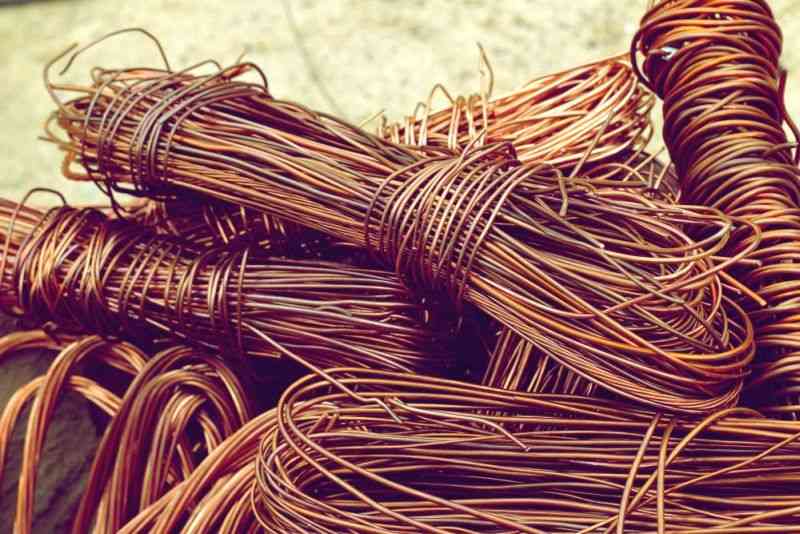
THE Amangwe state, an ethnic group of people cutting across Zimbabwe, Swaziland and South Africa, will on June 25 hold celebrations at Chief Nhlanhlayamangwe Khayisa Ndiweni’s homestead in Ntabazinduna, Matabeleland South.
BY KHANYILE MLOTSHWA

South African-based leader of the Amangwe nation, King Ntshosho II from Ntshenteka KwaZulu Natal, will grace the commemorations.
The Amangwe Day Celebrations committee spokesperson, Sithembile Mbambo, told Southern Eye that the celebrations that started in 2011 at Sizane High School in Bulawayo, were open to everyone.
“This is not an ethnic enclave as it were,” she said.
“The celebrations are open to all people, of all nationalities and all ethnic origins. We invite people from all walks of life to come and celebrate with us.”
Mbambo said they expected about 30 delegates from South Africa and 70 from Swaziland.
- Chamisa under fire over US$120K donation
- Mavhunga puts DeMbare into Chibuku quarterfinals
- Pension funds bet on Cabora Bassa oilfields
- Councils defy govt fire tender directive
Keep Reading
“The Amangwe people are mostly found in northern Natal, in an area near Swaziland,” she said.
In 2012, the celebrations were held at chief Wasi Ndiweni’s homestead in Macingwana village, Plumtree.
In 2013, the celebrations were in Kezi at Chief Nyangazonke’s homestead. In 2014, the celebrations were back in Bulawayo at Amakhosi Township Square Cultural centre in Makokoba township.
“In 2015, we didn’t have the celebrations partly because of the outbreak of xenophobic attacks in South Africa,” she said.
“We have since decided that we will have the celebrations here in Zimbabwe once in two years. This year they will be in Ntabazinduna and next year, the celebrations will be in Swaziland. However, the international celebrations are held every September in South Africa.
“The moving of venues from village to village is not necessarily about having these celebrations at Amangwe chiefs’ homesteads, but about taking the celebrations all over the place. As Amangwe, we are all over the place. We target mostly villages because that is where people who are still interested in their culture are found.”
There is a strong debate that the founding Ndebele King, Mzilikazi Khumalo, was born of Nompethu KaZwide, daughter of Chief Zwide of the Ndwandwe people.
However, a lot of evidence has been presented, including the large number of Amangwe chiefs in his nation, that Mzilikazi could have been born of Cikose Ndiweni, of the Amangwe ethnic group.
In Ndebele history, it is argued that Mzilikazi, a mere chief at the time, was assisted by his mother’s people, Amangwe, to the kingship of the Ndebele nation.
“Nations are built on the power of women,” Mbambo said.
“Amangwe are the base of the Ndebele nation. That is why these celebrations are important for the Ndebele nation.”










